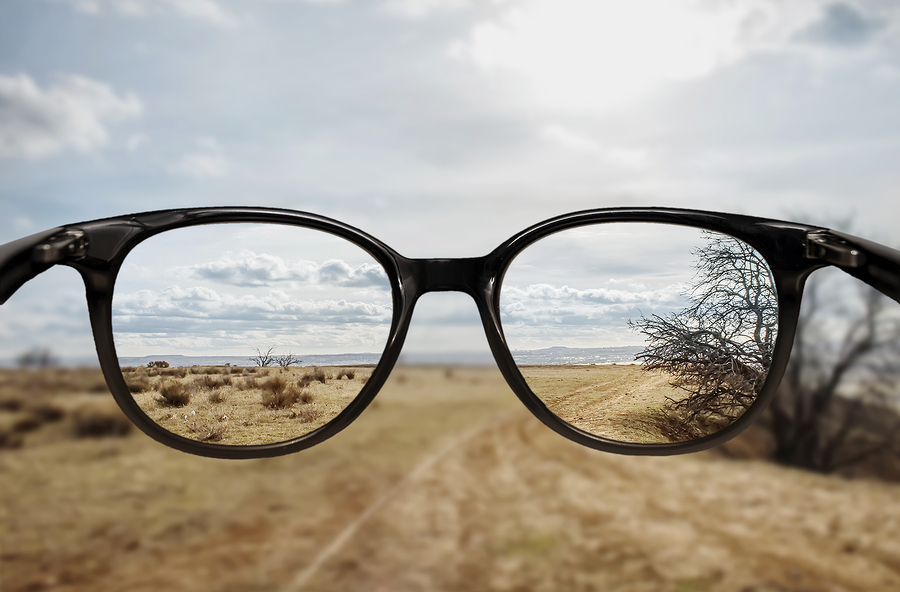- Make It Yourself Lavender Heart-Shaped Bath Bombs!
- 20 Things You Never Knew About “Down There”
- 12 Best Foods For Those Suffering From Arthritis Pain
- 12 Personal Hygiene Mistakes Almost Everyone Makes (Mom Never Told You About #4!)
- 15 Medicinal Plants And Herbs From The Cherokee People
- 12 Mind-Blowing Benefits Of Drinking Coconut Water During Pregnancy
- 12 Outstanding Winter Foods That Won’t Fatten You Up Like A Christmas Turkey
Can Saffron Cure Vision Loss? The Truth About This Rare Spice!

Photo credit: bigstockphoto.com
For thousands of years, humans have used all manner of spices and herbs for medicinal purposes and to add flavor to their diets. But some of these spices have more potent healing properties than others, and can be quite difficult to produce.
One of these is saffron. It’s made from the crushed stigma of a flower called crocus sativus, which is native to the Middle East and Mediterranean regions. Saffron is one of the most expensive spices in the world (up to $1,000 per pound!) because of the amount of work it takes to produce it. Producing 1 gram of the precious spice requires approximately 150 flowers.
But what’s all the hype about? What are the benefits of all this work? Well, saffron has been shown to have all sorts of healing properties, from its immune-boosting vitamin content to its essential oils and more. But what has scientists talking these days is the discovery that saffron may actually protect against vision loss, and in some cases, even reverse it.
In recent years, a number of studies have produced evidence that saffron can help treat and prevent macular degeneration in people who are suffering from vision loss, or who are at risk of developing it.
One of these incredible studies took place in Italy at the ARC Center for Excellence in Vision Science at the University of L’Aquila.
Dr. Silvia Bisti and her team of researchers wanted to know if supplementation with saffron had any effect on the eyesight of patients diagnosed with eye diseases like age-related macular degeneration (AMD) or retinis pigmentosa. Previous animal studies had shown that dietary intake of saffron could protect the eyes from bright light damage, so the scientists were confident that vision benefits could be found in a human study as well. They began by providing patients with saffron supplement and observing the results. Unfortunately, an earthquake that struck that region of Italy caused severe damage to the laboratory facilities, and the study had to be cancelled.
The good news is that the research on the benefits of saffron for vision continued when the University of Sydney in Australia agreed to bring Dr. Bisti and some of her researchers on board for a joint study.
In this controlled, double-blind study, 25 participants, all diagnosed with macular degeneration, took a 20-mg saffron supplement once each day. The study lasted for three months and produced some surprising results.
The researchers found that all the participants who received the saffron supplement experienced some degree of improvement in their vision. It’s believed that this is caused by the powerful antioxidant properties of saffron, which help keep the eyes healthy by positively affecting the genes that regulate the fatty acids in cell membranes in the eye. The study participants reported being better able to read printed text that they struggled with in the past and having sharper vision overall.
It must be noted, however, that the changes weren’t permanent. The patients’ vision reverted back to its previous state after the saffron supplementation was ended. This suggests that people living with eye conditions like macular degeneration need to take in the beneficial compounds in saffron on a consistent basis. According to a report on Natural News, the researchers are working to set up a larger 12-month study to observe the effects of long-term saffron supplementation.
More research will come in the future, but in the meantime, these findings do offer some encouragement and hope to people living with age-related macular degeneration, as well as conditions which can affect the vision of younger people, like the aforementioned retinis pigmentosa. But what if you don’t necessarily have either of these conditions, but are still interested in using saffron to prevent vision loss and for its other health benefits?
READ ALSO: 15 Interesting Facts about Vision
Saffron is used in numerous dishes in Indian, Middle Eastern, Spanish and Italian cuisine, but perhaps the most direct way to take in saffron orally is by making saffron tea. You can purchase it ready-made in tea bags online or in health food stores.
References:


































Chris
Apr 4, 2017 at 6:46 pm
Great article! I loooove saffron. Anyone interested in this stuff should definitely check out the book Everyday Roots. It teaches you how to replace all of the harmful chemical products in your life with organic ones. It’s completely changed my life and how I feel everyday 🙂
Heres a good article about it: http://reggiesreview.weebly.com/everyday-roots-review.html